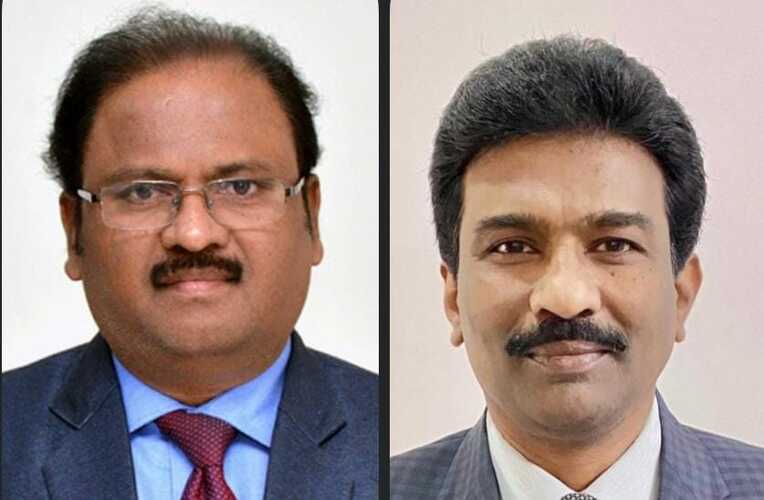Article Today, Hyderabad: The Telangana Medical Council has issued a notice to MLA Dr. Kavvampalli Satyanarayana for making statements that favour unqualified RMP doctors. The council strongly condemned his remarks, saying that endorsing RMPs amounts to promoting illegal medical practice. In a formal complaint to Chief Minister Revanth Reddy, the council urged immediate action against the legislator.

Doctors Demand Permanent Deregistration
The Telangana Hospitals and Nursing Homes Association (THANA), Warangal unit, has demanded that Dr. Satyanarayana’s name be permanently removed from the medical register. As a registered doctor himself, his support for RMPs was seen as a betrayal of professional ethics. The association accused him of encouraging unsafe medical practices for political gain.
Political Leaders Maintain Ties with RMPs
Despite repeated warnings, many RMPs continue to operate beyond their scope. They treat serious cases, prescribe medications, and even perform minor surgeries without qualifications. In rural areas, these individuals play a key role in referring patients to hospitals and maintaining close relations with local political leaders. This influence has led politicians to avoid taking a hard stance against them.
Elections Bring RMPs Into Political Focus
With local body elections approaching, political parties are reportedly leaning on RMPs for grassroots support. In fact, some RMPs are preparing to contest elections themselves. This growing nexus between politics and unlicensed medicine is raising serious concerns among healthcare professionals and regulatory bodies alike.
Council’s Efforts Face Internal Resistance
The Telangana Medical Council has expressed a strong resolve to eliminate the RMP system. However, insiders say that their biggest hurdle comes from within the medical fraternity. Some qualified doctors are reportedly backing RMPs for personal or business gains. Many private hospitals rely on RMPs to bring in patients, making it difficult to uproot the parallel system.
Gaps in Public Healthcare Lead to RMP Reliance
The shortfall in rural healthcare is a major reason people turn to RMPs. Primary Health Centres (PHCs) are understaffed and often function only during daytime hours. Doctors are not always available, and villagers are left with little choice. On the other hand, there are usually multiple RMPs in every village, offering accessible—though unregulated—medical help.
Overstepping Their Limits Dangerously
Untrained RMPs are frequently seen prescribing antibiotics, steroids, and powerful painkillers. In many cases, they perform minor surgeries and use MTP kits for abortions. Some even operate makeshift hospitals with beds and IV drips, carry out sex determination tests, and run unauthorised labs and clinics.
Urgent Need for Structural Reforms
Healthcare experts argue that merely banning RMPs without strengthening public health infrastructure is counterproductive. They recommend fully equipping PHCs with round-the-clock doctors and support staff. Establishing links between community health centres and medical colleges through online consultation platforms could also bridge the gap.
Curb Political Support for Quacks
Above all, authorities must ensure that unqualified practitioners do not receive political shelter. Regular recruitment of doctors and health staff is essential to reduce the rural population’s dependency on RMPs. Until then, the battle between regulation and political expediency is likely to continue.



